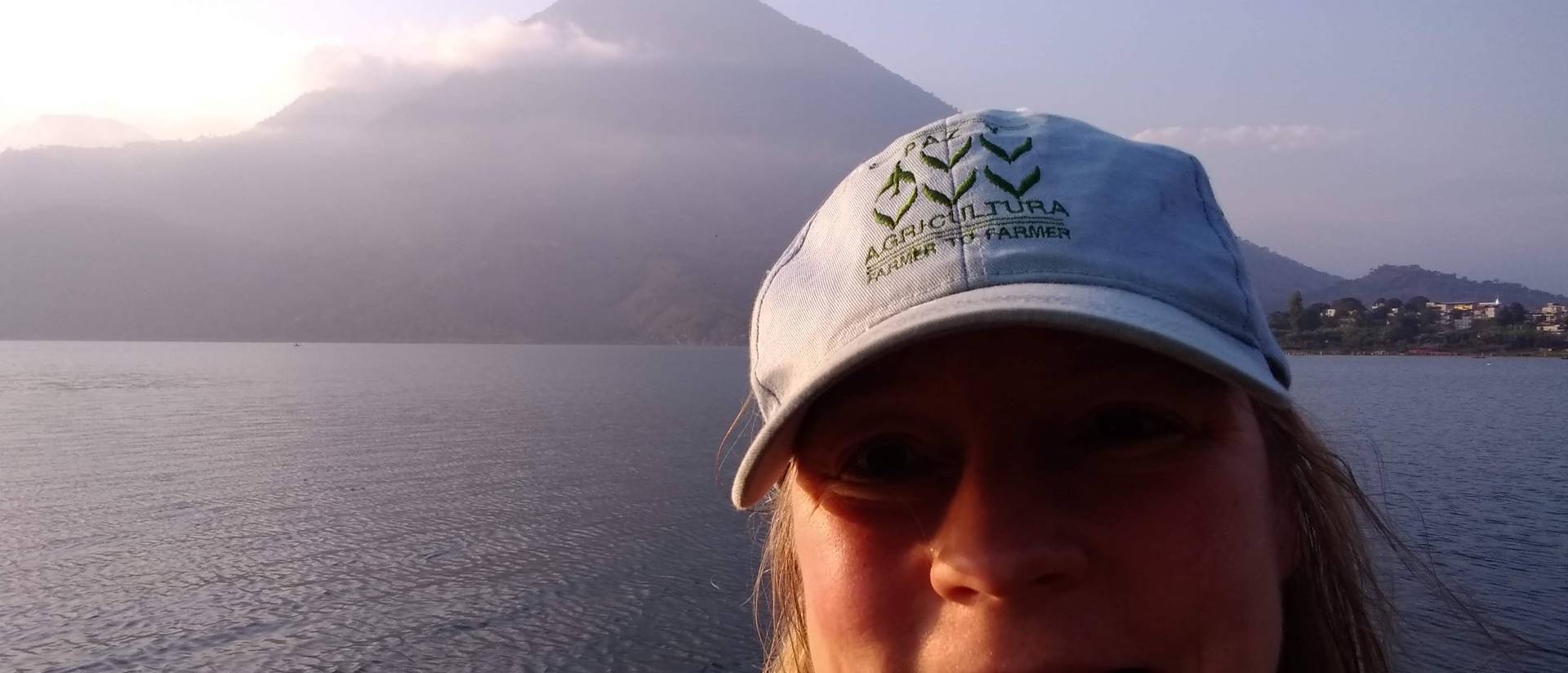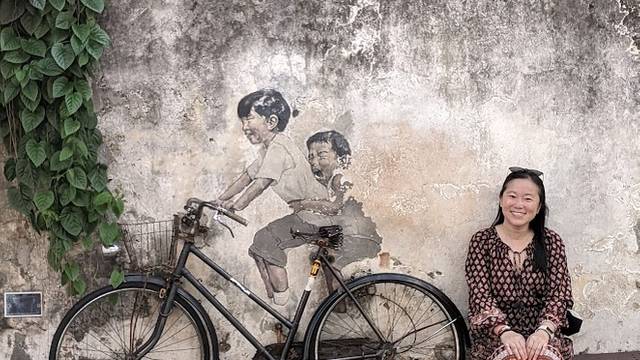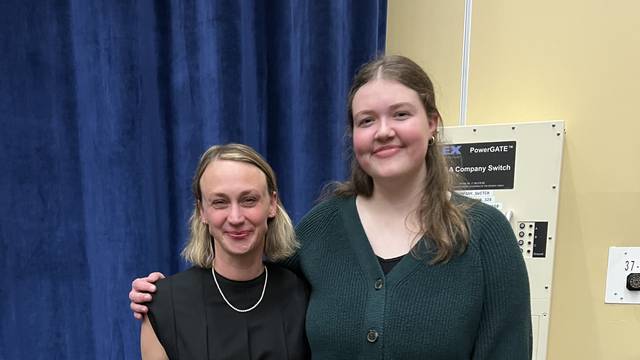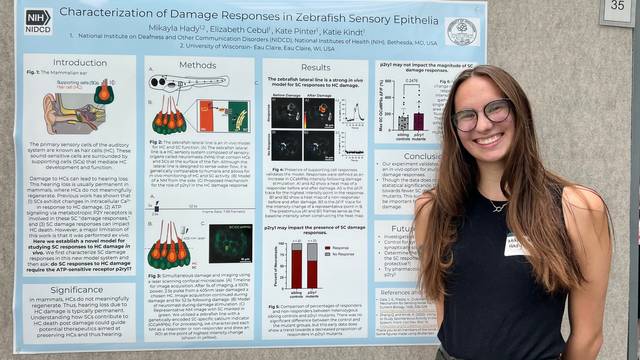Dr. Analisa DeGrave‘s honors course, “Human Rights and the Environment in Latin America,” explores connections between violations of human rights and harm to the environment. This interdisciplinary course discusses these ideas through essays, performance art, social movements, film, music, documentaries, etc. Some topics explored in this course are gender, education, extractivism, freedom of expression, and the legacy of (neo)colonialism in Latin America.
About This Class and Its Impact
Dr. DeGrave is a Professor in Languages, Latin America and Latinx Studies (LAS), and Race, Ethnicity, Gender, and Sexuality Studies (REGSS). She hopes that this course expands her students’ conceptualization of “America” to include other spaces of the Americas beyond the parameters of the United States. She developed this course based on her past research and personal interest in Latin America, after participating in delegations to Guatemala and Honduras with a WI non-profit called Farmer to Farmer. DeGrave has also learned about human rights firsthand in a Witness for Peace delegation to Honduras and by co-leading “Women’s Lives and Experiences in Nicaragua,” a REGSS travel seminar/immersion experience.
This course seeks to connect what’s happening in Latin America to our individual experiences at UW-Eau Claire and to examine issues concerning human rights and the environment in Latin America through a multinational lens. An example is the implications of palm oil, which is produced in large quantities in Latin America and Southeast Asia and is hard to avoid. It’s found in so many things we consume, including medicines and food. According to DeGrave, the students learn that the “cultivation and process of making palm oil has human rights implications and is linked to environmental destruction.”
Thinking about palm oil is just one example of how Dr. DeGrave works to “prompt students to critically examine how questions concerning human rights and the environment in Latin America relate to their own lives and society at large.”
Students are engaged with the topics discussed in this class because of the important historical and present issues that have been unknown to them. Typically students will say, “How did I not know about this?”
Student Brooke Gerry found learning about the dictatorship and state-sanctioned violence in Latin America compelling. She reflects on how she “had never heard of these stories before, which is so disappointing that it is not in the public."
The Importance of Authentic Materials
This class focuses on hearing, reading, and seeing materials from Latin Americans articulating their ideas in their own languages. While all class materials are available in English or English translation, whenever possible DeGrave incorporates music, readings, and videos originally articulated in Spanish, Portuguese, and the many indigenous languages of Latin America.
This was a choice Dr. DeGrave made because she feels that too often people from the Global North “speak for others, and present themselves as the experts… rather than looking to the people you’re talking [about from the Global South] as the real authors and creators of their ideas, words, and actions.” She goes on to add that highlighting the “words of the people who are experiencing [the topics discussed in the course] make it more direct and real,” she says.
This course exposes students to past and present situations in Latin America that have human rights and environmental implications that affect us at UW-Eau Claire. Anyone can take this class and learn about Latin America and its human rights, women’s movements, poverty and marginalization, fast fashion, climate change, etc. It’s a jam-packed course that teaches students the significant events and ideas in Latin America that Americans don’t often know about.



